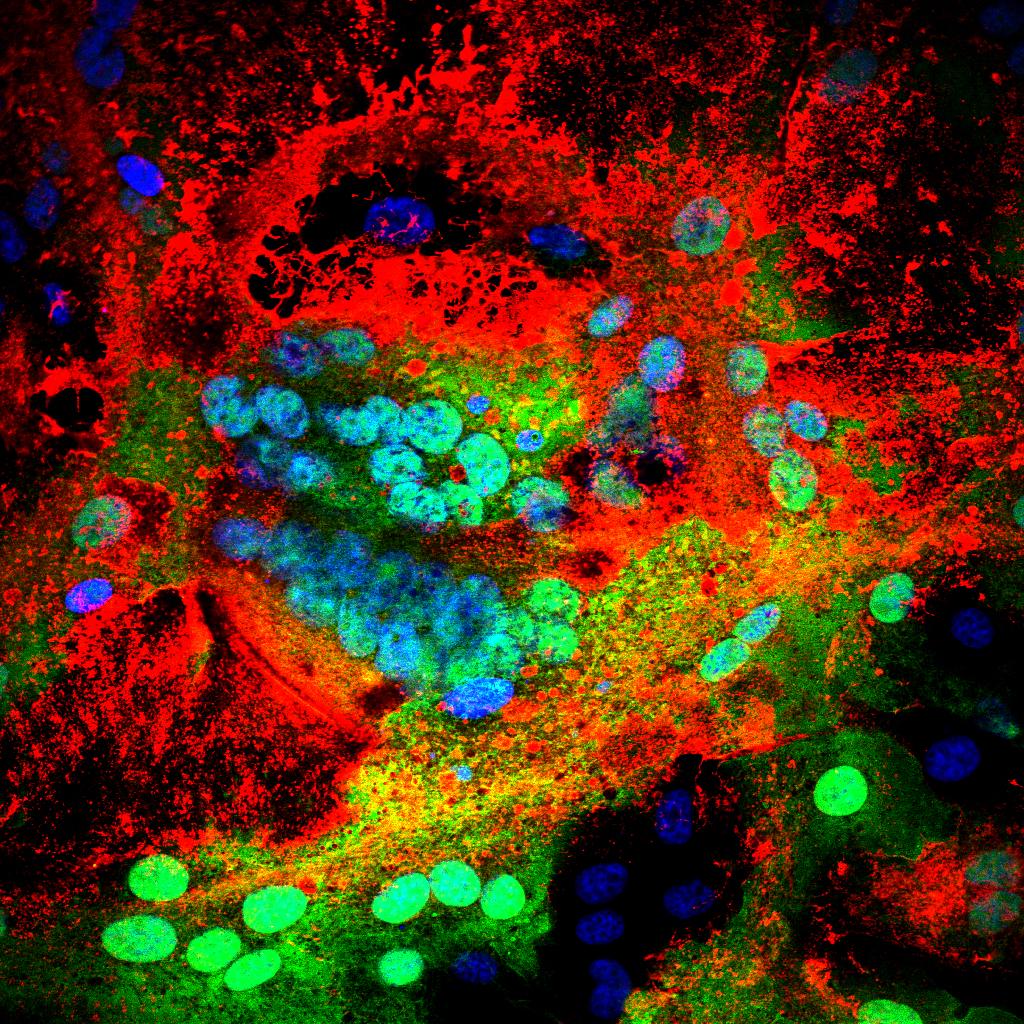Control of the induction of type I interferon by peste des petits ruminants virus
Peste des petits ruminants virus (PPRV) is a morbillivirus that produces clinical disease in goats and sheep. We have studied the induction of interferon-β (IFN-β) following infection of cultured cells with wild-type and vaccine strains of PPRV, and the effects of such infection with PPRV on the induction of IFN-β through both MDA-5 and RIG-I mediated pathways. Using both reporter assays and direct measurement of IFN-β mRNA, we have found that PPRV infection induces IFN-β only weakly and transiently, and the virus can actively block the induction of IFN-β. We have also generated mutant PPRV that lack expression of either of the viral accessory proteins (V&C) to characterize the role of these proteins in IFN-β induction during virus infection. Both PPRV_ΔV and PPRV_ΔC were defective in growth in cell culture, although in different ways. While the PPRV V protein bound to MDA-5 and, to a lesser extent, RIG-I, and over-expression of the V protein inhibited both IFN-β induction pathways, PPRV lacking V protein expression can still block IFN-β induction. In contrast, PPRV C bound to neither MDA-5 nor RIG-I, but PPRV lacking C protein expression lost the ability to block both MDA-5 and RIG-I mediated activation of IFN-β. These results shed new light on the inhibition of the induction of IFN-β by PPRV.
